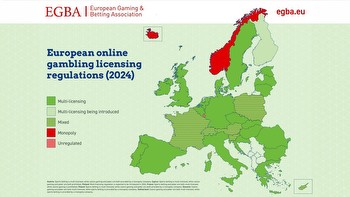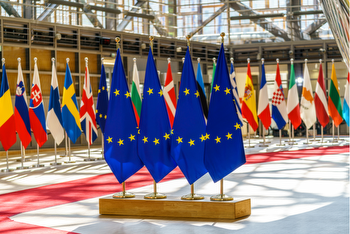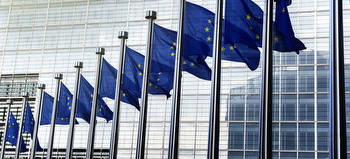EGBA research: Europe embraces multi-licensing for online gambling

Out of 31 European countries surveyed, 27 have adopted some form of multi-licensing.
A recent analysis conducted by the European Gaming and Betting Association (EGBA) reveals a notable shift towards multi-licensing for online gambling across Europe.
Just 15 years ago, the online gambling landscape in Europe was vastly different, with many countries lacking dedicated regulations or operating under exclusive rights models that favoured state-owned entities.
Today, however, the majority of European nations have transitioned towards a multi-licensing approach, allowing multiple companies to offer online gambling services within their jurisdictions, subject to regulatory standards.
Among the countries surveyed, 23 have embraced a full multi-licensing model for all regulated online gambling products.
Meanwhile, four countries employ a mixed model, with partial multi-licensing for specific gambling verticals such as sports betting or casino gaming.
Some countries, like Cyprus and France, have product-specific prohibitions but maintain multi-licensing for other regulated online gambling products.
The analysis also notes ongoing legislative reforms in Finland, expected to establish a multi-licensing framework by 2026 – a move that will signal the end of the last online gambling monopoly in the European Union.
Maarten Haijer, EGBA Secretary General, commented: "The momentum towards full multi-licensing for online gambling in Europe is undeniable. While a few exceptions still exist, governments are concluding that public policy objectives, particularly related to consumer protection and tax generation, are more effectively met through well-regulated online competition.
“With over 15 years of regulatory experience in Europe, it’s clear that full multi-licensing offers the best pathway to enhance consumer protection, increase tax revenues and ensure stronger regulatory control. The time has come for the last remaining European countries to embrace this optimal form of online regulation."



































